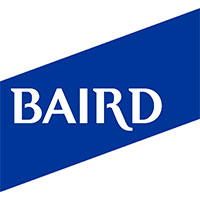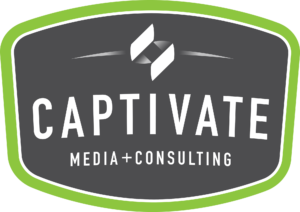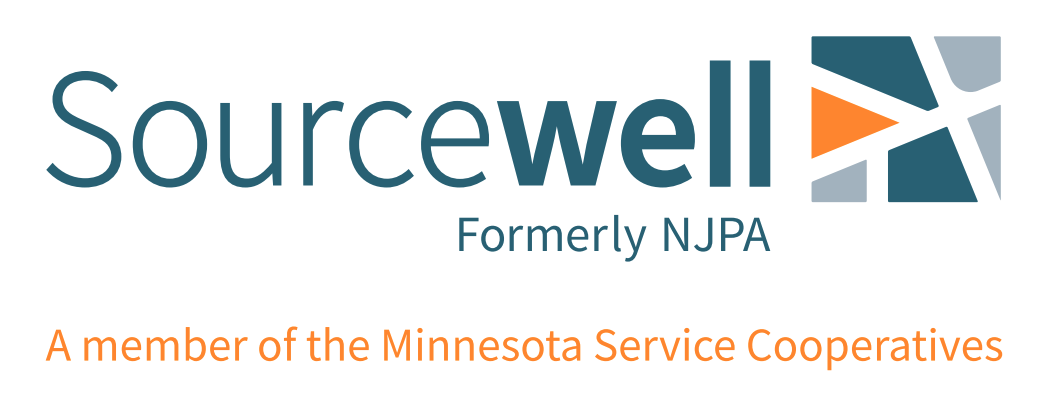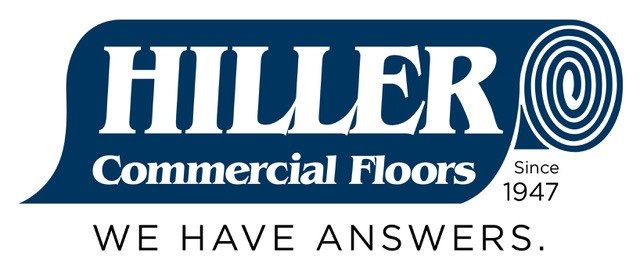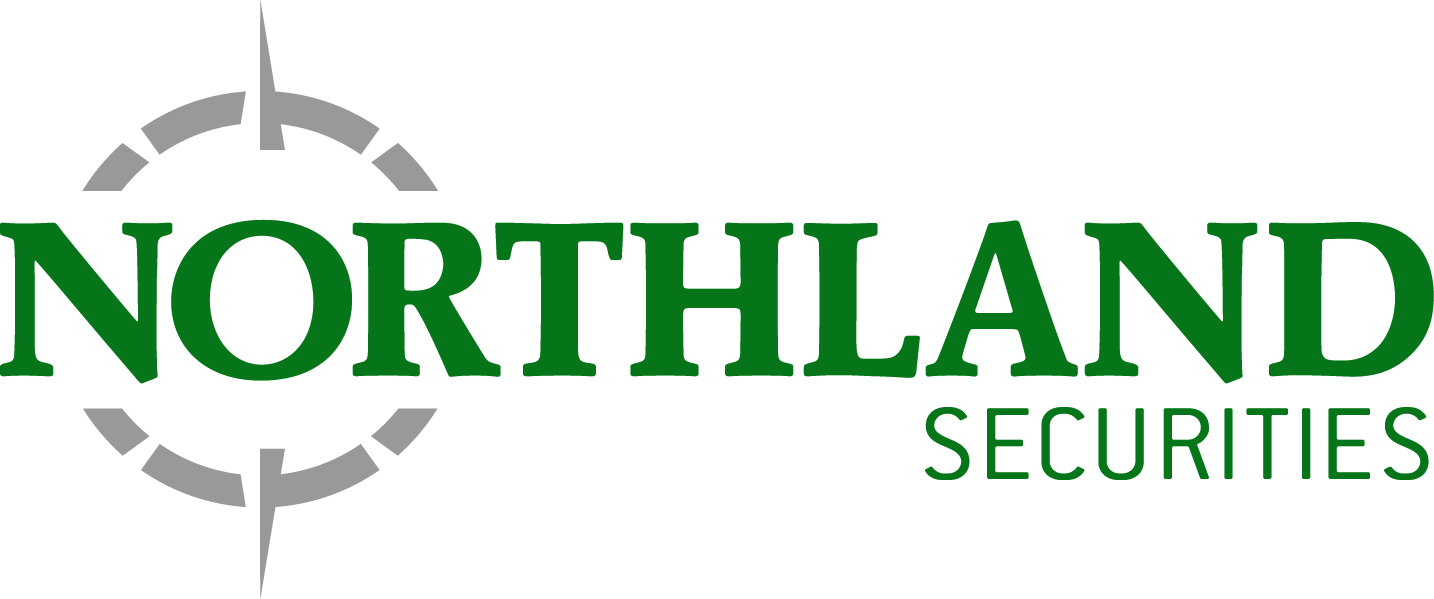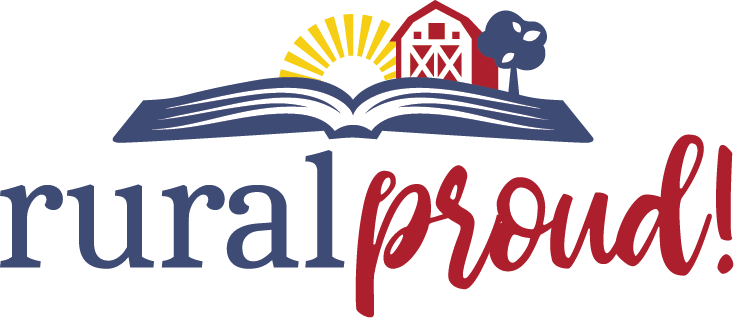
Starting
2020 MREA Annual Conference
On-Demand Breakouts
MREA is making it easy for education professionals to access quality professional development with a series of on-demand breakout sessions. That means you can watch as many as you want, whenever you want, from your favorite spot. #MNRuralProud.
In addition to these breakouts, the MREA Annual Conference will feature engaging keynotes, gallery walk of best practices and networking that brings together educators, administrators, school board members and other advocates across Greater Minnesota. Learn more and register.
Here’s a sampling of the breakouts, organized by key focus areas.
Panel: 35 Years of Innovative Leadership
Since its founding in 1985 MREA’s unique governance structure became a unified voice for rural Minnesota education. Formed with administrators, school board members, teachers, service providers, and higher ed representatives, MREA focused on what they all had in common: serving students better. Meet key leaders from the past and learn about challenges they faced and how they achieved their vision as a unique voice for rural education. Newer administrators, school board trustees, and teachers can benefit from this important perspective on the role of legislative advocacy.
Collaborative Planning and Collective Decision-Making
Learn about a collaborative district decision-making process when facing new or current challenges to planning and consensus around time-sensitive initiatives. Get strategies for engaging district leadership teams with a customizable process structured to create leadership unity, build academic and facilities visions, establish essential goals, and determine desired outcomes around major initiatives.
Minnesota Youth and Community Relationships
A common perception of rural youth is that they yearn to shed their rural roots. Instead, findings from the SPARK Youth Voice Survey of Minnesota rural youth reveal that young people desire to be active in their rural communities. Explore implications for engaging young people in rural communities with study findings from 3,200 surveyed youth and learn how strong relationships influenced educational commitments and workforce readiness.
Rewriting the Rural Narrative
The deficit framework of “small towns getting smaller” has been told many times. However, rural America since 1970 has positive trends occurring under the radar. Learn how migration, community involvement, economic development, and regional living have diversified this landscape and require us to move toward a positive description of the economic, demographic, and leadership diversity found today across rural America.
School Facilities and Community Growth
School facilities are a source of pride, and updated school buildings result in healthier communities. Learn about an engagement process to evoke community pride, create a sense of ownership, and establish widespread support that results in educational places of significance and district and community growth. It’s how Benson Public Schools turned an unsuccessful bond into a successful bond three years later at nearly 70% support.
Social Mobility in Rural America
While the “American Dream” is fading for many, new data enables us to identify rural communities from which youth are much more likely to advance economically. National 4-H Council partnered with The Bridgespan Group to get a ground-level view of 19 rural communities (including 6 in Minnesota) where social mobility is thriving and observed six factors that support young people as they advance.
The New School/Community Partnerships
As rural communities change, residents are relying on schools as community centers, serving needs beyond core K-12 learning such as public health, senior lifestyles, childcare and community development. Discover creative community partnerships for to achieve public outreach and community engagement goals during planning and throughout the school year.
Using Video to Tell Your District’s Story
Community members want to see as well as hear about what’s going on in schools. Video has the power to showcase the amazing stories transforming classrooms every day. See examples of how rural Minnesota schools are showcasing learning, elevating staff, and engaging communities. Learn to build a storytelling strategy and create content that gives everyone in your community something to root for.
Taking Action to Empower Every Learner
Building off the conference’s Opening Keynote presentation, this interactive session will include research-based strategies for educators to cultivate hope for both in-person learning and virtual learning environments to cultivate student empowerment.
Classroom Mindfulness
Participants will learn how mindfulness practices can be used in a classroom to help students focus and manage their emotions. Leave with an easy-to-use, age–appropriate action plan and strategies to implement in classrooms after practicing simple mindfulness techniques.
Flip Your Classroom by Next Week
Flipping your classroom has advantages that become even more helpful during hybrid and distance learning. This session is a how-to guide to flipping your class. Learn from an award-winning rural teacher practical ideas, resources, and tips to define your learning objectives and strategies and motivate your students.
Mindset Changes Everything
Talent is not the top predictor of success. Learn about the incredible impact of resiliency and grit on students’ lives and success, while challenging unhelpful underlying beliefs, to result in changed behavior and positive outcomes. Based on the research of Carol Dweck and the book, “Grit” by Angela Duckworth, the presentation will share how changing mindset can change everything.
Pathway for Young People to Become Accomplished Teachers
One solution to the teacher shortage problem is to recruit future teacher candidates while they are still in high school. Attendees will learn about Pipestone Area Schools’ journey with Educators Rising, a national organization supporting high school students grades 9 – 12 who aspire to become teachers.
Rural and Culturally Relevant Personal Finance
Traditional personal finance lessons are typically absent of multiple narratives that relate to Greater Minnesota students. The Minnesota Council on Economic Education’s (MCEE) Culturally Relevant Personal Finance curriculum was mindfully written to incorporate personal and sociopolitical issues that impact rural students, their communities, and the world.
10 Legal Lessons Covid-19 Taught Us
This session will cover 10 different challenges schools faced during the pandemic and lessons we can apply to other times of crisis: Wage and Hour, Collective Bargaining, Employee Health Screenings, Truancy, Video-Conferencing Issues, Employee Misconduct, Providing FAPE, Activity and Participation Waivers, and Employee Safety/Refusal to Work.
Distance Learning Perspectives From Rural Teacher Leaders
MREA Educators of Excellence and other rural teacher leaders from Greater Minnesota will share insights from navigating distance learning during the close of the 19-20 school year. These outstanding teachers will share perspectives about challenges, benefits, surprises and recommendations regarding education in Greater Minnesota during COVID-19.
Fostering Digital Equity with Libraries
State Library Services, within Minnesota Department of Education, has partnered with rural libraries, school districts, and tribal colleges to help students from high-need rural areas use technology to stay connected to teachers, classmates, and education. Learn about digital inclusion and exchange creative approaches to supporting student technology access.
School District Cash Flow Borrowing
During times of uncertain state revenues the legislature has utilized several strategies to balance the state budget, typically with an impact on school district finances. This session will detail the options for districts to secure needed cash flow funds if these strategies are implemented in the future.
Supporting Parents with Distance Learning
Distance learning has forced many parents to become much more involved with their children’s education. This session will showcase a survey that measures parents’ distance learning experience and potential technology and behavior barriers, including valuable information that allows schools to provide targeted parent support during distance learning.
Advanced, Clean Student Transportation Solutions
Almost 1 million students in more than 850 U.S. school districts ride to school on a domestically sourced propane-powered school bus. Learn about student health and wellness benefits of propane auto-gas vehicles as well as economic benefits of an average savings of $3,200 per bus per year.
Four-Day Weeks for Teacher Retention
More than 1,500 U.S. school districts are implementing four-day school weeks to recruit and retain high-quality teachers. Learn about the growing trend of shortened school calendars, educator recruitment and retention, additional collaboration and professional development time, and implementation of hybrid instructional strategies.
Preparing School Leaders to Serve Rural Schools and Communities
Join a roundtable discussion with program alumni to learn about Minnesota State University – Moorhead’s online educational leadership programs for employed professionals to secure administrative licensure in Minnesota.
Strengthening the Teaching Profession NOW!
MN Education Equity Partnership has rooted out of some of the most persistent challenges regarding the teaching profession to address race equity in education. Hear about a refreshing new set of distinctions regarding attracting teachers and a breakthrough approach to navigating licensure complexities.
If you’re eager for more learning or want an overview session that covers highlights only, seek out theses shorter sessions (10-20 minutes each).
Building Rapport: Moving Beyond Fist Bumps and Candy
Pine City Teacher and Educator of Excellence Ryan Larson will provide practical strategies to build strong connections with students and their families, during distance, hybrid, and in-person instruction. Building rapport is foundational when working with students and parents, especially students facing challenging life situations, and Ryan has been recognized for connecting with his students and providing them resources.
Effective Administrators in a Virtual Environment
Shelly Fisher and Shanna Ayer with Proximity Learning will share their experience setting up virtual learning environments, evaluating stakeholders in this unique format and educating teachers on effective strategies for engaging remote students. Get an overview to ensure your community is getting the best education possible in a virtual environment.
Equitable Educational Experiences: Non-Negotiable
Join Sourcewell at this presentation to walk through common, and sometimes overlooked, school learning equity scenarios that educators need to address. An equitable educational experience for every student, every year, every day is non-negotiable. Educational equity might be on your radar now more than ever, but educational equity isn’t a new concept, and racial equity is only one of several kinds of inequities that surfaces in schools.
How the ACT Still Matters in a ‘Test Optional’ World
John Baylor, founder of OnToCollege, discusses how admissions and scholarships now work in a test-optional world. With some merit scholarships awarded without an ACT or SAT score, many students and families believe doing well on an ACT matters less — a belief that may prove costly. Learn how students’ scores can still significantly help them.
COVID-19 and Evidence-Based Strategies to Close the Widening Achievement Gap
Dr. Clay Cook of Center for Applied Research and Educational Improvement will provide ways to identify and analyze academic and social emotional learning gaps along with strategies to intervene and close these gaps, especially during the COVID-19 pandemic and the resulting distance learning. Get a sneak peak of CAREI’s on-demand “Closing the Gap” professional learning series available this Fall.
Innovative School Program:
BBE Jagways
Counselor Kristina Anderson and Superintendent Patrick Walsh will share information on Belgrade-Brooten-Elrosa’s career-based advisory and pathways model for 9-12th grade students. With three major area of workforce readiness, the program has been incorporated into the district’s graduation requirements to prepare students for future “fit” in the workplace.
Innovative School Program:
WCA Healthcare Field Sciences Program
Teacher Ben Johnson and Principal Susan Knutson at West Central Area Schools will highlight their comprehensive Health Field Science Program where students rotate through 14 job shadowing stations in their local hospital, dental, chiropractic, and veterinarian offices. The students get hands–on experience from billing to nursing to cleaning while hospital staff also train them in soft skills to benefit all areas of life.
Getting Started with Podcasting
Jake Sturgis, APR and Jenna Meade from Captivate Media + Consulting will discuss if podcasting is the right communications tool for you. With more and more schools jumping on the podcast bandwagon, hear about strategies and lessons learned from the producers of Sparkwheel, an education-based podcast that sparks important conversations with school leaders.
Not an Afterthought – Indoor Air Quality and Ventilation
Luke Pfotenhauer from InGensa Inc. will address how efficient ventilation can be an effective tool to mitigate infectious disease transmission while lowering absenteeism and raising student attentiveness and performance. Often an afterthought to many other district priorities prior to the COVID-19 pandemic, ventilation and overall indoor air quality are renewed focus areas in student planning and facilities management.
Achieve Financial Stability Without Funding Increases
Michael Hoheisel with Baird and Dr. Ryan Laager with Belle Plaine Schools will share a systemic approach to right size your district for the long term, avoid a continuous cycle of painful reductions, and maintain staff, parent, and community support. This is an important tool to help Greater Minnesota districts in their organizational assessment as budgets become tighter.
Presented by:
